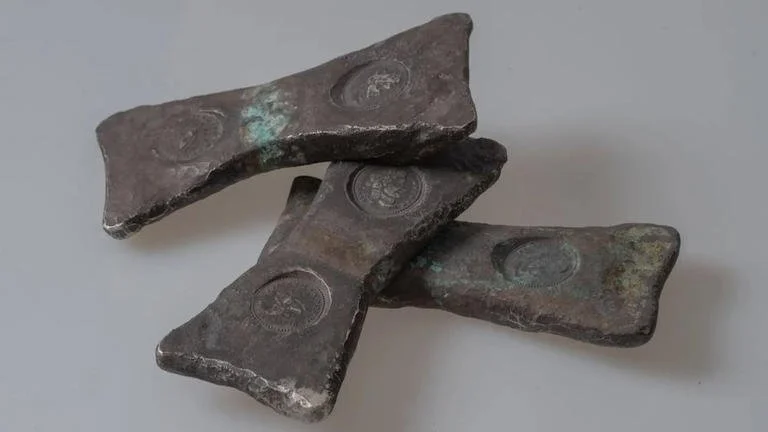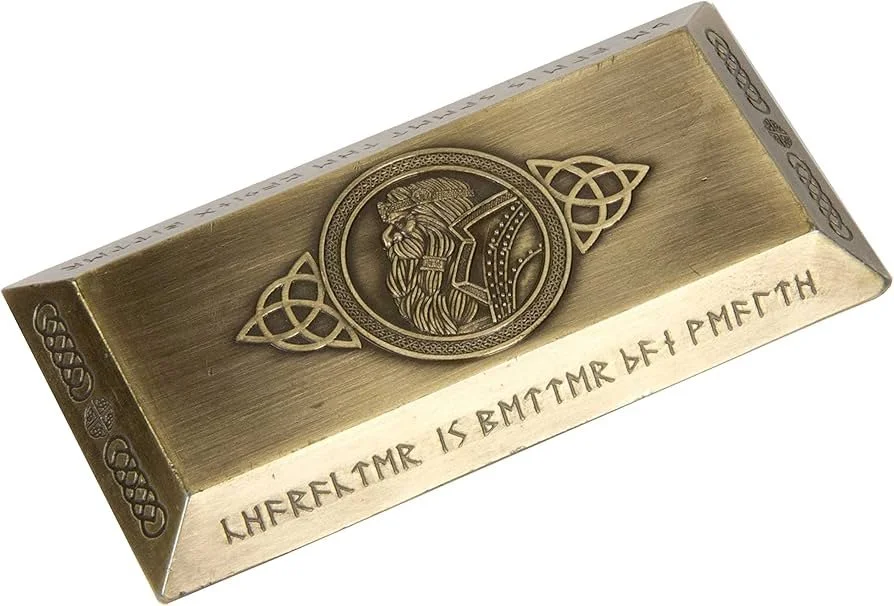Government Overreach or Preservation? A Look at the Seizure of Roman Silver Ingots
A recent case in Ukraine has stirred up significant controversy, highlighting the tension between individual rights and government intervention. Three rare Roman-era silver ingots, featuring the likeness of Emperor Constantine the Great, were nearly sold online by a man who claimed they had been in his family for generations, discovered by his great-grandmother buried in their backyard in Transcarpathia, a region in western Ukraine.
However, the man's attempt to sell one of these artifacts online caught the attention of local authorities, and the government quickly intervened. The National Museum of the History of Ukraine, along with law enforcement, confiscated the ingots, citing their "special cultural value" and historical significance. The case has now been taken over by Ukraine's Office of the Prosecutor General.
While the ingots are undoubtedly rare and historically significant, this situation raises a crucial question: Should the government have the right to seize private property simply because it has historical value? The artifacts, which could be valued at around $84,800, were part of this man's family history, yet they were taken under the pretense of preserving cultural heritage.
Personally, I do appreciate the historical significance of such artifacts, and I often incorporate elements like "Trade Bars" in my Dungeons & Dragons games—bars stamped with an amount far exceeding their actual weight value. The connection between history and gameplay adds depth and richness to the experience. However, this appreciation for history doesn't negate the fact that the seizure of these ingots raises concerns about the balance between preserving the past and respecting individual rights.
This case exemplifies a broader issue where governments justify taking private property by labeling it as having "special cultural value." While it's important to preserve history, it's equally important to respect individual property rights. The ingots are now on display in a museum as part of a "Salvaged Treasures" exhibition, but one has to wonder if they truly belong there or if they should have remained with the family that discovered them.
In an era where personal freedoms are increasingly scrutinized, this case serves as a reminder of the delicate balance between public interest and private ownership. The seizure of these ingots may be celebrated by some as a victory for cultural preservation, but it's also a stark example of how easily the government can overreach, taking away what rightfully belongs to individuals.


